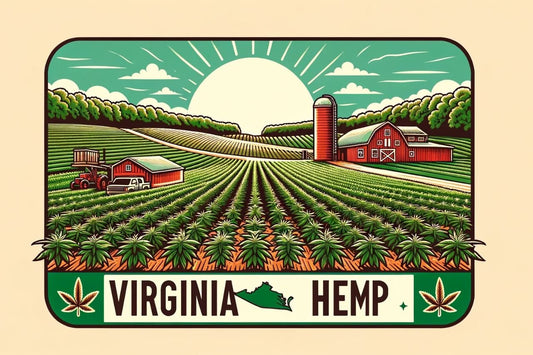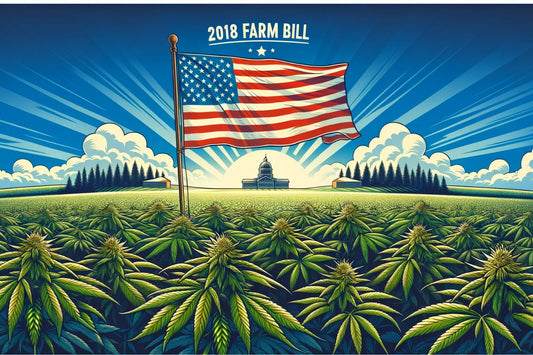Introduction to groundbreaking hemp research
In a significant development for the hemp industry, Cornell University has embarked on a pioneering research project, funded by a substantial $2 million grant. This initiative aims to develop hemp varieties tailored for various U.S. latitudes, addressing the unique challenges of hemp cultivation in different climatic conditions across the country.
Understanding the photoperiod challenge
The crux of the research revolves around the concept of 'photoperiod threshold' in hemp plants. This biological phenomenon refers to the specific light requirements of a plant for different stages of development. The study led by Professor Larry Smart of Cornell’s School of Integrative Plant Science, seeks to delve into the genetic basis of this threshold, with a vision to create hemp varieties that can thrive in the diverse and distinct U.S. environments.
Addressing Southern U.S. hemp growing challenges
One of the project's key focuses is to overcome the challenges faced by hemp growers in the southern U.S. states. These regions, characterized by shorter daylight periods and hotter climates, have struggled with lower yields and issues in meeting the federal THC limits for hemp plants. The research endeavors to develop strains that can withstand these conditions while remaining compliant with regulatory standards.
Targeting diverse hemp markets
The ambition of the Cornell research team extends beyond just solving regional cultivation issues. They aim to enhance hemp yields across all market segments - grain, fiber, and cannabinoids. This broad spectrum approach could potentially revolutionize the hemp industry, making it more viable and profitable across different U.S. regions.
Strides in CBD and hemp fiber development
While recent years have seen a surge in CBD-focused hemp breeding, the development of hemp fiber and grain varieties has lagged behind, especially for the U.S. latitudes. The Cornell project seeks to fill this gap, leveraging genome sequencing and molecular markers to expedite the breeding process for these specific strains.
Implications for southern U.S. agriculture
This research holds significant promise for the agriculture sector in the southern U.S. It proposes hemp as a potential substitute crop, particularly for regions traditionally reliant on the dwindling tobacco industry. The development of new hemp strains could provide these areas with a viable and lucrative alternative.
Collaboration and funding
The project is a collaborative effort, backed by the Foundation for Food & Agriculture Research (FFAR) and supplemented by matching funds from various partners. FFAR, a non-profit public-private partnership, plays a crucial role in supporting research aimed at sustainable and resilient agricultural practices.
With Cornell University at the helm, this $2 million project represents a significant leap forward in hemp research. It holds the promise of not only enhancing hemp yields in the U.S. but also of positioning hemp as a key player in the sustainable agriculture narrative.
Further resources and studies
- FFAR Hemp Consortium: An aggregation of research efforts focused on hemp.
- Cornell Industrial Hemp Seed Bank: The only one of its kind in the USA, a crucial resource for hemp genetics research.
- Recent Discoveries in Hemp Genetics: Including resistance to common diseases like powdery mildew.
This pioneering research by Cornell University is set to create a paradigm shift in the U.S. hemp industry, paving the way for a more sustainable and profitable future in hemp cultivation.










